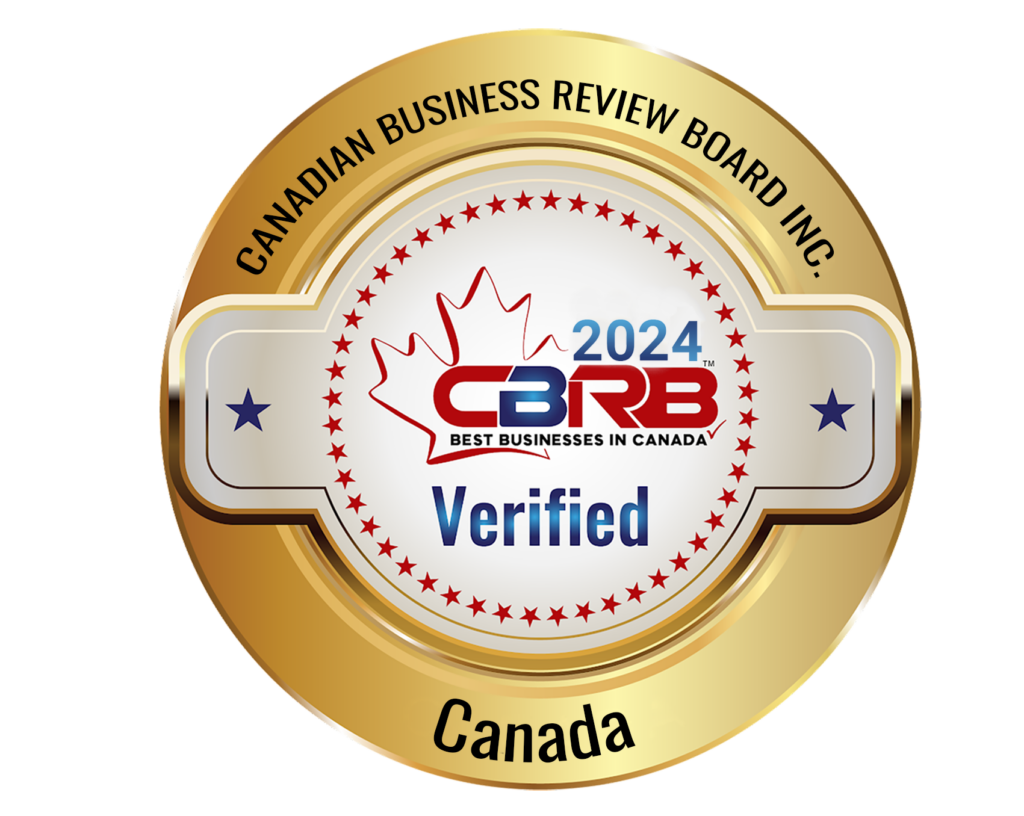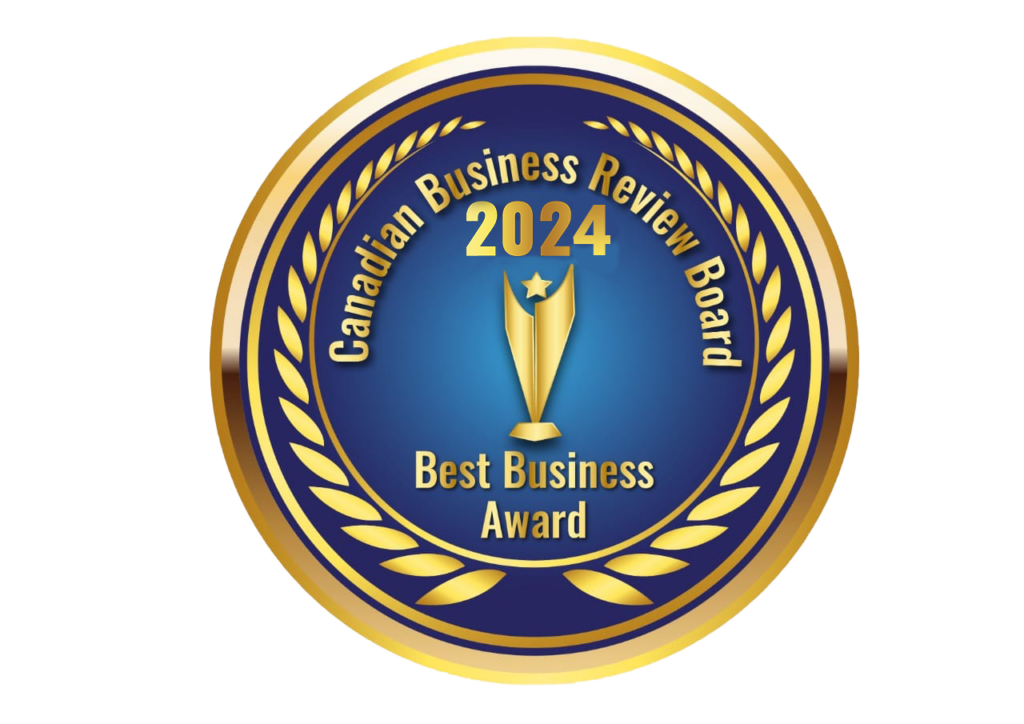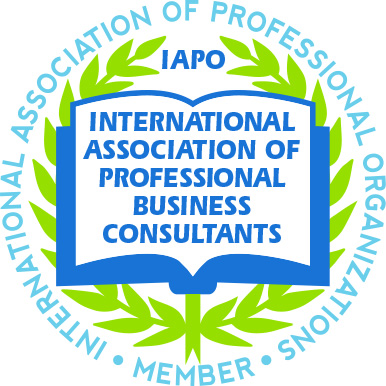Agile Strategy: Empowering Healthcare Professionals to Overcome Challenges and Achieve Rapid Growth
Healthcare professionals face numerous challenges when launching new businesses, including navigating complex regulations, managing finances, and establishing a strong client base. Agile strategy consulting offers personalized strategies and solutions to help healthcare professionals overcome these obstacles and achieve rapid growth in their new ventures. Experienced consultants can help healthcare professionals streamline their business operations, enhance their marketing efforts, and achieve success in the competitive healthcare industry. For example, a group of doctors looking to open a new private practice may struggle with understanding the legal requirements for healthcare facilities in their area. Agile strategy consulting can provide them with guidance on obtaining the necessary licenses and certifications, ensuring compliance with regulations from the start. Additionally, agile strategy consultants can help them develop a comprehensive marketing plan to attract patients and build a loyal client base, leading to sustainable growth and profitability for their practice. By working with agile strategy business consultants, the group of doctors can streamline their operations and focus on providing quality care to patients without the added stress of legal or administrative hurdles. This strategic approach can help them stand out in a competitive market and establish themselves as trusted healthcare providers in their community.
Concept of agile strategy consulting and its relevance in the healthcare sector.
Agile strategy business consulting emphasizes adaptability, collaboration, and continuous improvement, which are essential qualities for healthcare providers looking to navigate the ever-evolving landscape of the industry. By applying agile principles, doctors can quickly adapt to market changes, patient needs, and regulations. This proactive approach will not only help them stay ahead of the curve but also enable them to deliver personalized and efficient care that sets them apart from their competitors. To sum up, agile business consulting is a valuable asset for healthcare professionals striving for growth, sustainability, and excellence in patient care.
Understanding Agile Strategy Consulting : What are Key principles of Agile Methodology
flexibility
iterative processes,
customer collaboration,
and responsiveness to change
Benefits of applying agile principles to business consulting in healthcare.
The healthcare industry is dynamic and complex, with constant changes in regulations, technology, and patient needs. Launching new businesses can pose challenges for healthcare professionals and organizations as they navigate this complex landscape. Applying agile principles to business consulting can provide significant benefits, helping healthcare ventures achieve rapid growth and sustainability. Here are some key advantages:
1. Enhanced Flexibility and Adaptability
Agile principles focus on being adaptable and responsive to change. In the healthcare sector, where regulations and market conditions can shift rapidly, this flexibility is crucial. Agile business consulting allows healthcare professionals to quickly pivot their strategies in response to new developments, ensuring they remain compliant and competitive.
2. Improved Efficiency and Productivity
Agile methodologies focus on iterative processes and continuous improvement. By breaking down large projects into smaller, manageable tasks and regularly reviewing progress, healthcare businesses can enhance efficiency. This approach helps identify and eliminate bottlenecks, streamline operations, and reduce time-to-market for new services or products.
3. Enhanced Collaboration and Communication
Agile principles promote regular communication and collaboration among team members. In healthcare, where multidisciplinary teams often work together, this fosters a collaborative environment. Consultants working with agile frameworks can facilitate better communication between different departments, ensuring that everyone is aligned and working towards common goals.
4. Patient-Centered Approach
Agile methodologies prioritize customer feedback and continuous improvement. For healthcare businesses, this translates to a patient-centered approach. By regularly gathering and acting on patient feedback, healthcare providers can enhance the quality of care, improve patient satisfaction, and build stronger patient relationships.
5. Risk Management and Mitigation
The iterative nature of agile methodologies allows for regular assessment and mitigation of risks. By continuously monitoring progress and making adjustments as needed, healthcare businesses can identify potential issues early and address them before they escalate. This proactive approach helps minimize risks associated with compliance, technology implementation, and market changes.
6. Scalability and Growth
Agile principles support scalability, making it easier for healthcare businesses to grow. Whether expanding services, entering new markets, or scaling operations, agile methodologies provide a framework for managing growth effectively. Consultants can help healthcare organizations implement scalable processes and systems, ensuring they can handle increased demand without compromising quality.
7. Innovation and Continuous Improvement
Agile business consulting encourages a culture of innovation and continuous improvement. In the fast-evolving healthcare industry, staying ahead of the curve is essential. Agile practices foster an environment where new ideas are welcomed, tested, and refined, enabling healthcare businesses to innovate and improve continuously.
8. Enhanced Client Satisfaction and Loyalty
By focusing on delivering value incrementally and frequently, agile principles help healthcare businesses meet their clients’ needs more effectively. This approach not only improves client satisfaction but also builds loyalty. Patients and clients are more likely to return to and recommend healthcare providers who consistently meet or exceed their expectations.
Typical Obstacles Healthcare Professionals Encounter When Starting a New Practice or Medical Business
Healthcare professionals face several significant challenges when launching a new practice or medical business. Here are some of the most common obstacles:
Regulatory Compliance Navigating the complex web of regulatory requirements can be daunting. Ensuring compliance with local, state, and federal regulations is essential but can be overwhelming, particularly for those new to the business side of healthcare.
Securing Funding Obtaining adequate funding to cover startup costs and ongoing expenses is another common challenge. Without sufficient capital, it can be difficult to sustain and grow a new healthcare venture.
Patient Acquisition and Retention Attracting and retaining patients in a highly competitive market is critical for success. Healthcare professionals must develop effective marketing strategies to build a loyal patient base.
Technology Integration Effectively integrating new technologies into daily operations is essential for efficiency and patient care but can be challenging. From electronic health records (EHR) systems to telemedicine platforms, ensuring seamless technology adoption requires careful planning and expertise.
Overcoming these obstacles is crucial for healthcare professionals to improve the long-term viability and success of their new practices or medical businesses.
How Traditional Approaches Might Fall Short in Addressing Healthcare Business Challenges
Regulatory Compliance Traditional approaches often rely on generic legal advice or outdated compliance checklists, which may not cover the latest regulations or specific local requirements. This can lead to gaps in compliance, resulting in legal issues and potential fines.
Securing Funding Conventional funding strategies might include approaching banks for loans or seeking individual investors. These methods can be slow and may not provide the necessary capital in time. Additionally, traditional financial institutions might not fully understand the unique financial needs of a healthcare startup.
Patient Acquisition and Retention Traditional marketing strategies, such as print ads or basic online listings, may not effectively reach today’s tech-savvy patients. Without a targeted digital marketing strategy, new practices may struggle to attract and retain patients in a competitive market.
Technology Integration Traditional practices might resist adopting new technologies due to the perceived complexity and cost. Without proper guidance and support, integrating electronic health records (EHR) systems, telemedicine platforms, or other digital tools can be disorganized and inefficient, leading to disruptions in service delivery and patient care.
Traditional approaches often fail to address the complex challenges of launching a new healthcare practice due to their reliance on outdated or generic strategies. Innovative, agile methods are required to effectively navigate regulatory landscapes, secure necessary funding, attract and retain patients, and integrate modern technologies seamlessly.
How Agile Strategy Consulting Addresses These Challenges
Agile strategy consulting in healthcare embraces a flexible and adaptive approach to problem-solving, allowing for quick adjustments to changing regulations and market demands. By utilizing iterative processes and continuous feedback loops, agile consulting can help healthcare practices stay ahead of the curve and respond effectively to evolving challenges. This methodology enables healthcare providers to efficiently navigate the complexities of launching a new practice, ensuring smooth operations and high-quality patient care from the start. For example, a healthcare consulting firm may work with a group of physicians looking to open a new clinic in a rapidly changing regulatory environment. By using agile consulting methods, they can quickly adapt their business plan and operational strategies to comply with new regulations and meet the needs of their target patient population. This iterative approach allows for continuous improvement and ensures that the clinic is able to deliver high-quality care while remaining competitive in the market. However, if the healthcare consulting firm fails to stay updated on the latest regulations or market trends, they may not be able to pivot quickly enough to avoid costly mistakes or compliance issues. Additionally, without thorough research and analysis of the target patient population, the clinic may struggle to adequately meet their needs and differentiate themselves from competitors.
Case Study : Enhancing Patient Acquisition for a New Dental Practice
Background: A new dental practice in a competitive urban area struggled to attract and retain patients despite offering high-quality services.
Challenge: Traditional marketing efforts were not yielding enough patient traffic, and the practice was facing significant competition from established clinics.
Agile Consulting Solution:
Digital Marketing Campaigns: Agile consultants implemented targeted digital marketing strategies, including search engine optimization (SEO), pay-per-click (PPC) advertising, and social media engagement.
Customer Journey Mapping: The consulting team mapped the patient journey to identify pain points and opportunities for enhancing the patient experience.
Iterative Testing: Marketing strategies were continuously tested and optimized based on real-time data and feedback.
Outcome: The dental practice saw a 40% increase in new patient appointments within six months. The agile approach to marketing allowed for rapid adjustments and improvements, leading to sustained patient growth and retention.
Specific agile strategies (e.g., sprint planning, continuous feedback loops, minimum viable product (MVP) development) and how they apply to healthcare startups.
Benefits of Agile Business Consulting for Healthcare Professionals
Rapidly launching new healthcare services ahead of competitors, resulting in increased market share and revenue generation.
Improved adaptability to regulatory changes and market demands.
Enhanced patient satisfaction through continuous feedback and iterative improvements.
Increased efficiency and reduced waste through lean processes.
Implementing Agile Consulting in Your Healthcare Business : Initial Steps for Implementing Agile Consulting: Conduct a thorough assessment of current processes, collaborate with experienced agile consultants, implement agile practices, measure key performance indicators, and foster a culture of innovation.
Tips for selecting the right agile consultant for your healthcare business.
When selecting an agile consultant for your healthcare business, it is important to look for someone who has experience working in the healthcare industry and understands the unique challenges and regulations that come with it. Additionally, make sure to choose a consultant who can tailor their approach to fit your specific needs and goals. Communication and collaboration are key in this process, so find a consultant who values these principles and can help foster them within your team. By selecting the right agile consultant, you can ensure that your healthcare business is able to adapt and thrive in an ever-changing industry. For example, when looking for a consultant for your healthcare business, consider hiring someone who has previously worked in a hospital setting and understands the intricacies of patient care and compliance requirements. This individual should be able to customize their strategies to improve efficiency in your specific department, whether it be billing, operations, or patient services. By leveraging their experience and knowledge, the consultant can implement agile practices such as daily stand-up meetings and iteration planning to streamline processes and improve communication within your team. Implementing this tailored approach can result in improved patient outcomes, revenue growth, and increased resilience for healthcare businesses.
Encouraging an agile mindset and culture among your employees promotes quick adaptation to changes and effective collaboration towards shared objectives. This can lead to increased employee satisfaction and retention, as well as a more innovative and responsive healthcare organization. Embracing agility also allows for more efficient problem-solving and decision-making, ultimately leading to better outcomes for both patients and the business as a whole. Adopting a culture of continuous improvement and embracing change are vital for healthcare organizations to thrive in the ever-evolving healthcare landscape.
Conclusion
Are you prepared to conquer the obstacles of starting or expanding your healthcare business? At Dana Pharmed, we specialize in agile business consulting tailored to meet the unique needs of healthcare professionals. From navigating regulations to securing funding, attracting patients, and implementing new technologies, our consultants provide guidance for all aspects of your healthcare business.
Contact Us Today for a Free Consultation Take the first step towards achieving rapid growth and operational excellence. Reach out to us now for a free consultation and discover how our agile approach can transform your healthcare practice.
New Business Launch
New Service Launch
Sales and Revenue Growth
Market Access and Entrance
Business Analytics and Metrics
Comprehensive Digital Growth ( Web, SEO, Social Media and Content Marketing)
Agile Strategic Planning
Business Process Optimization
Connect With Us
Visit our website at www.danapharmedinc.com or call us at (416) 418-4890 to schedule your consultation. Let Dana Pharmed be your partner in navigating the complexities of the healthcare industry and driving your business to new heights.









